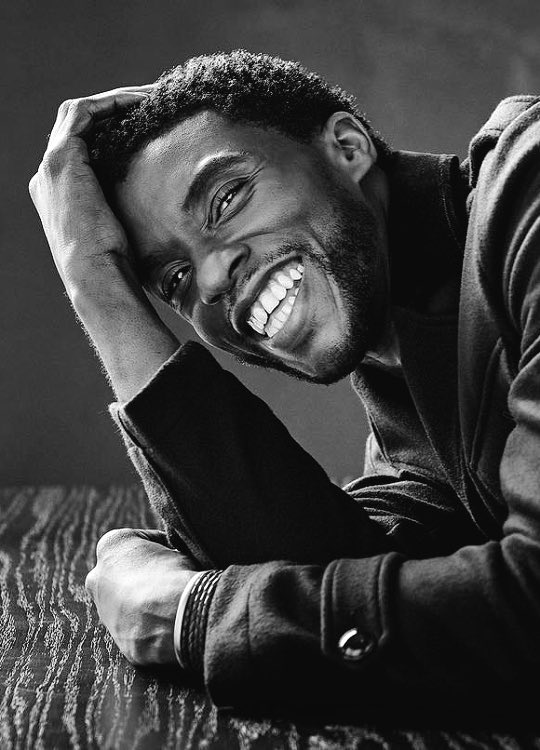On the evening of August 28, news broke that actor Chadwick Boseman had died at age 43 after a four years with colon cancer.
Even though this year has brought blow after blow, this one stung in a different way, the very last straw in a long series of last straws this year. In a time of so much racial injustice, it is hard to grasp the death of the greatest Black superhero in history — how do you make sense of a death in a time when the person lost is the person needed the most?
Superheroes are supposed to live forever.
Boseman was best known for his role as King T’Challa in “Black Panther,” but to Black audiences, his character was so much more than another superhero to watch on the big screen.
Boseman was the forerunner of Black excellence in modern-day superhero films. He proved that Black actors deserve to be more than a white superhero’s sidekick or antihero.
“Black Panther” exemplified the fact that Blackness is worthy of being celebrated without suffering. It was more than a movie — it fueled a movement. “Black Panther” let it be known that not only are Black films deserving of freedom from racial strife, but that Blackness is synonymous with royalty.
Boseman led many other lives on screen, telling the stories of other great Black heroes like Jackie Robinson and James Brown. During his four-year battle with cancer, Boseman reprised his role as King T’Challa in three other Marvel films in addition to starring in “Message from the King,” “Marshall,” “21 Bridges” and most recently Spike Lee’s “Da 5 Bloods.”
During shoots for these films, Boseman was secretly undergoing countless surgeries and treatments for his illness. He proved time and time again that he was not only a superhero on screen; he was one in real life, too.
The actor battled the disease selflessly and with grace even when he appeared to have lost a large amount of weight. People hurled insults at him online due to his suddenly slight stature. He took it in silence and never shared his prognosis publicly.
Boseman could have been defined by his illness and never gone on to star in the film that would change the world two years after he was diagnosed.
Instead, he gave the performance of a lifetime while he was fighting for his life.
He proved that anything is possible. Although his untimely death may never make sense or feel just, he went out on his own terms and did what he loved the whole time.
Boseman once said “ Purpose is not related to career. Purpose is not related to a job. It’s related to what God put inside you that you’re supposed to give to the world.” It is clear that Chadwick Boseman lived his life by these words. It will not be forgotten that he in turn left the world better because of them. Wakanda forever.
